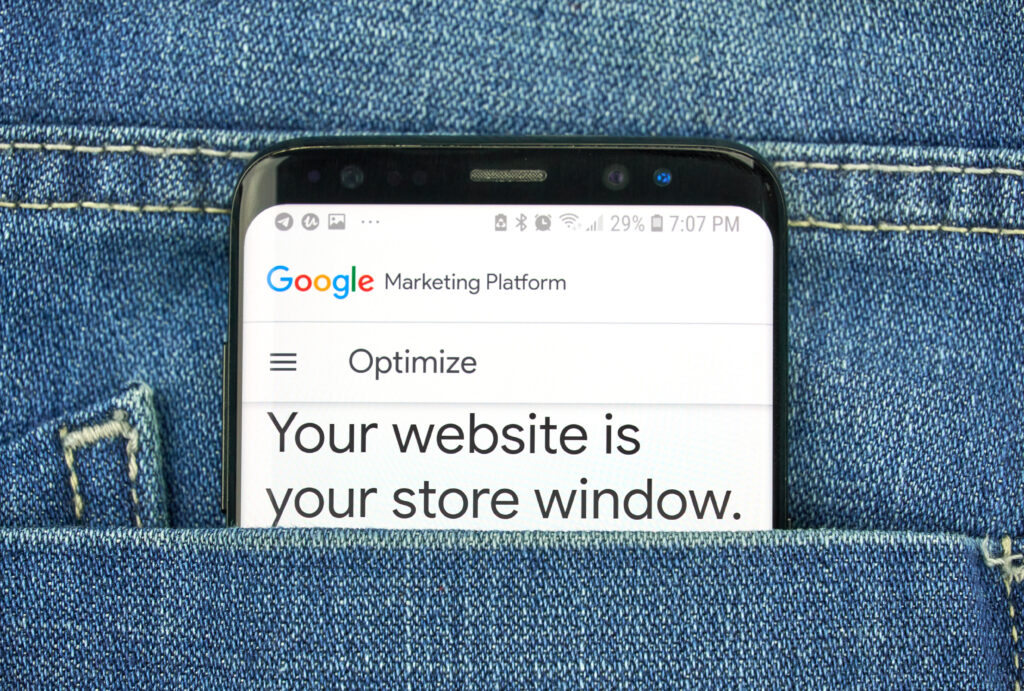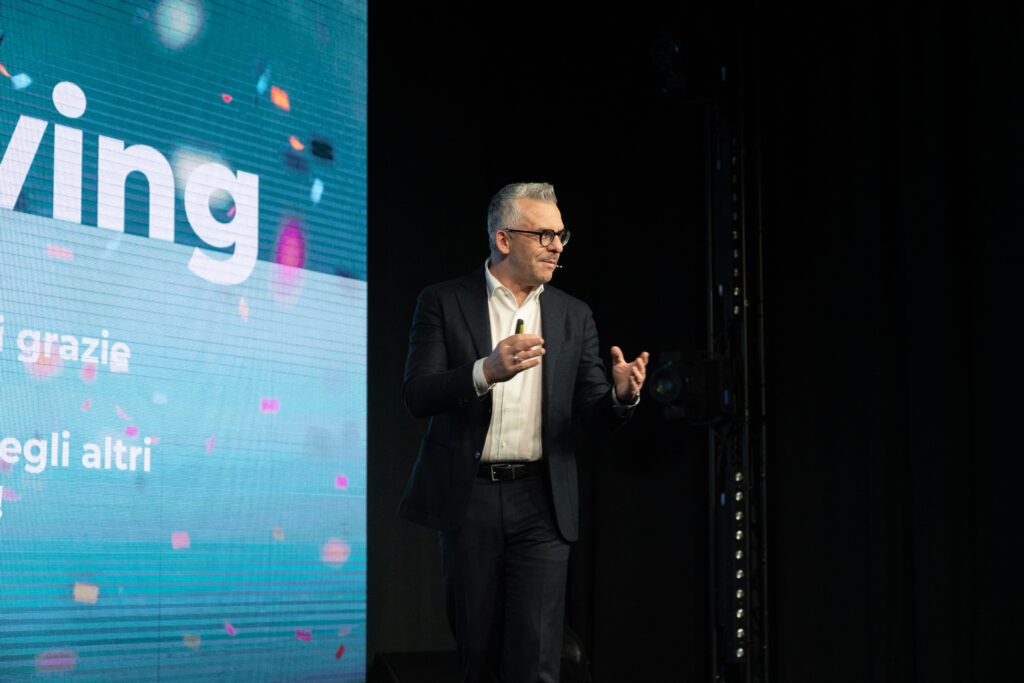In a world where consumer behavior is rapidly evolving and technology is developing even faster, companies are forced to continuously revise their strategies to stay competitive. Personalizing the customer experience emerges as a critical component of success, with a direct impact on customer loyalty and spending. Today, with the rapid growth of hybrid shopping – which combines both physical and digital elements – companies have the opportunity to offer tailored experiences like never before. In the current retail landscape, this shopping mode has become essential, offering consumers unprecedented flexibility in their experience; according to IBM, 27% of consumers globally consider hybrid shopping as their primary mode of purchase, a clear signal of changing consumption habits.
Despite the general return to physical stores, in the major European countries, the role of e-commerce continues to play an important part in the shopping experience, recording higher percentages in the UK and the USA: in both countries, the gap between purchases through digital and physical channels by consumers is becoming increasingly narrow.
Particularly, Gen Z and Millennials globally show a marked preference for a shopping experience that transcends traditional channels. Gen Z, at 36%, and Millennials, at 30%, significantly exceed the global average in adopting hybrid shopping. These generations, having grown up in a digital era, seek shopping experiences that are not only convenient but also highly personalized and integrated.
The key for companies, therefore, lies in creating a seamless experience that facilitates the transition between online and offline, leveraging advanced technologies to personalize every interaction. This approach not only enhances customer satisfaction but can also translate into greater loyalty and spending by consumers.
The Impact of Artificial Intelligence on Personalization
Data shows that customers are aware of the importance that data holds for companies, but once they provide it, they expect to receive rapid and personalized experiences. The introduction of new technologies, such as generative AI, is a business support for engagement and personalization and is changing customer needs: indeed, 81% expect faster customer service as technology progresses, and 73% expect better personalization.
Looking at the adoption of personalization modes in user experience, we see that globally, 7 out of 10 companies are focusing on this approach considering various factors. Indeed, in addition to a positive impact on customer loyalty and increased spending that targeted interventions can improve, companies are adopting artificial intelligence to grow their online business.
According to a global survey on key usages, 60% of marketing leaders state their intention to invest in AI to gather valuable insights into user behavior and their needs, leveraging the predictive capabilities of the tool and focusing on improving the customer experience.
The introduction of artificial intelligence (AI) in the field of personalization has marked a revolution in the way companies interact with customers: AI indeed allows the analysis of vast amounts of data in real time, anticipating trends and needs and personalizing the experience in previously unimaginable ways.
Towards a More Personalized Future
In an era that will see the end of third-party cookies, first-party data becomes an even more valuable resource for companies. These data, collected directly from interactions with customers, allow for a deeper and more authentic understanding of their preferences. Using this information, companies can effectively segment their audience and create personalized messages that resonate on a personal level.
Investment in AI and data analysis is proving essential for companies wishing to offer flawless customer experiences. As technologies advance and consumers become increasingly demanding, only companies that can effectively personalize their interactions, using the most cutting-edge technologies, will keep pace with the times.
This article was written by Simona De Blasi, Digital Strategist.




















 Discover UP
Discover UP Monitor UP
Monitor UP Level UP
Level UP